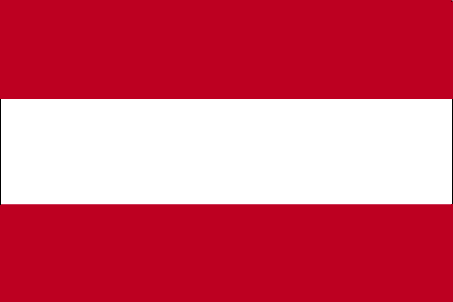Brazil United States Portugal Angola Mozambique United Kingdom Japan Argentina Switzerland France Germany Mexico Italy South Africa Spain Peru Belgium Netherlands Cabo Verde Venezuela Canada Uruguay Colombia Russia Ireland Chile Bolivia Norway Paraguay Ecuador Luxembourg Australia Suriname Panama India Sao Tome and Principe Jamaica French Guiana Dominican Republic Puerto Rico Sweden Finland Ukraine Guatemala Honduras Austria Israel Namibia Trinidad and Tobago Nicaragua El Salvador Romania Czech Republic New Zealand Senegal Botswana Indonesia Singapore Philippines Turkey United Arab Emirates Guinea-Bissau Hong Kong China Madagascar Costa Rica Morocco Cote D'Ivoire Greece Poland Denmark Thailand South Korea Vietnam Jersey Guyana Guadeloupe Nigeria Egypt Iceland Martinique Cayman Islands Reunion Malaysia Taiwan Kenya Pakistan Qatar Bulgaria Curacao Macao Gabon Moldova Saint Lucia Barbados Algeria Hungary Latvia Saudi Arabia Haiti Malta Slovakia Serbia Uganda Ghana Lithuania Lebanon Eswatini Sint Maarten Cameroon Central African Republic Timor-Leste Estonia Croatia Kazakhstan Mauritius Cyprus Bangladesh Caribbean Netherlands Zambia Zimbabwe Aruba Andorra Equatorial Guinea Belize Tunisia Burundi Kyrgyzstan Fiji Belarus Rwanda Sri Lanka Tanzania Republic of the Congo Nepal Benin Azerbaijan Democratic Republic of the Congo Cambodia Togo Ethiopia Albania Georgia Jordan Oman Armenia Slovenia Bosnia and Herzegovina Cuba North Macedonia Yemen Sierra Leone Iran Grenada Guernsey Iraq Gambia U.S. Virgin Islands Bahrain Saint Vincent and the Grenadines Syria Antigua and Barbuda Guinea Monaco Niger Aland Islands Bahamas Lesotho Guam Libya Bermuda Mongolia French Polynesia Palestinian Territory Myanmar Burkina Faso Saint Barthelemy South Sudan Isle of Man Maldives Kuwait Montenegro Laos Uzbekistan Dominica Gibraltar North Korea Liechtenstein Marshall Islands Netherlands Antilles Austria Flag Meaning & Details 196 VISITORS FROM HERE! Austria Flag Flag Information three equal horizontal bands of red (top), white, and red the flag design is certainly one of the oldest - if not the oldest - national banners in the world according to tradition, in 1191, following a fierce battle in the Third Crusade, Duke Leopold V of Austria's white tunic became completely blood-spattered upon removal of his wide belt or sash, a white band was revealed the red-white-red color combination was subsequently adopted as his banner
Learn more about Austria » CIA - The World Factbook
 Previous Country | Next Country
Previous Country | Next Country  » Back to Flag Counter Overview
» Back to Flag Counter Overview
 Previous Country | Next Country
Previous Country | Next Country  » Back to Flag Counter Overview
» Back to Flag Counter Overview